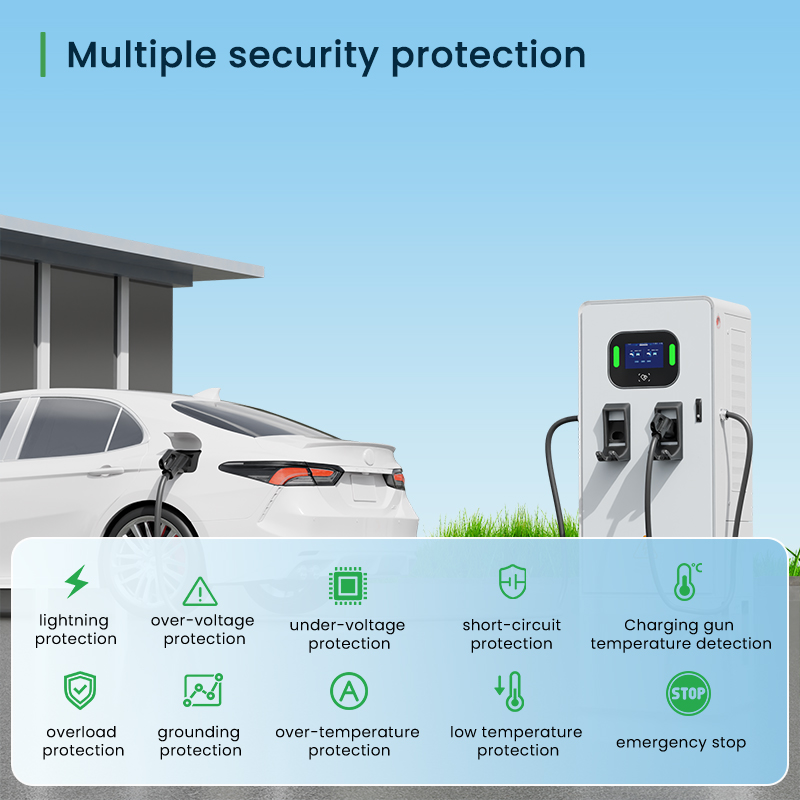Whether you already have an electric vehicle (EV) or you’re looking to get one for the rst time, home charging is an important factor to consider. To do so, you’ll need a suitable home charger installed at your home. But what is the electric car charger installation cost? And how much does it cost to charge your electric car once your charger is installed?
In our helpful guide, we run through how much it costs to get an electric car charger at home, the average cost to charge a range of electric cars, and the best type of home charger to get
How much power does an electric car charger use?
The power used by EVs is measured in kilowatts, which is the same unit your electricity is measured in. Electric car batteries have a capacity which typically ranges from around 32 kWh (kilowatt hours), like you’ll see in the Volkswagen E-Up, all the way up to 100kWh and beyond, as with the BMW iX. Typical battery sizes for EVs now range from around 50kWh to 80kWh.
To work out how long it takes to charge an EV from zero to 100%, all you have to do is divide the battery capacity by the speed of charging. Home charge points typically offer speeds of 7kW, although it’s possible to get slower and faster ones. This gives you the amount of power a full charge consumes. To calculate the cost of a full charge, simply multiply how much you pay for electricity by the capacity of your car’s battery.
Can I charge my car through a regular plug socket?
It is possible to charge an EV by using a regular 3-pin plug and some new electric cars will come with a cable for you to do this. It’s best to keep this option as a back-up though, rather than as your main method of charging.
Here at DriveElectric we do not recommend that you use a 3-pin plug cable as your primary method of keeping your electric car topped up with power. A dedicated, professionally installed 7kW home charger is our recommendation.
This is because charging your electric car like this is slow at 2.3kW and puts strain on a regular electric circuit, as it runs close to its 3kW maximum for a long time.
For example, it’ll take more than 17 hours to fully charge a 40kWh battery like the one in the popular Nissan Leaf. A 62kWh Skoda Enyaq, meanwhile, will take almost 27 hours to charge from empty to full.
What’s the best home charger to get?
Home charge points are available in 3kW and 7kW forms, but 7kW chargers are most common. They come in a lot of different styles, whether you’re after a futuristic design to be a feature of your driveway, or a small, subtle covering to hide your charge point inside something like a wood-effect box. There are plenty of different brands you can choose between, while you should look out for the type of connector your car has and the features on offer with different chargers, such as compatibility with apps and other energysaving devices in your home. You can also choose between different cable lengths to suit your needs.
Post time: Dec-12-2024





